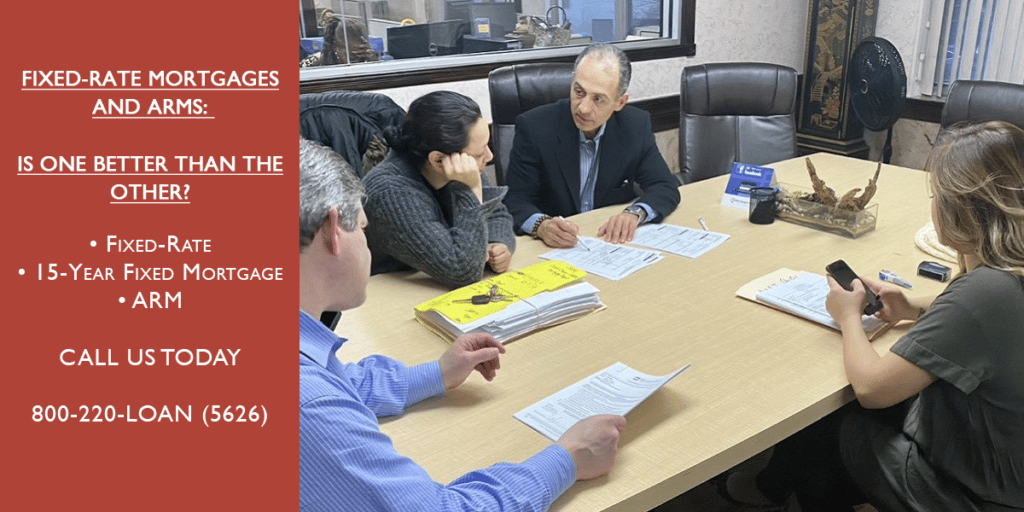
Using the money from a tax refund or year-end bonus at work as an extra payment toward the principal balance of a mortgage results allows borrowers to reap substantial savings in interest and shortens the term of the loan. While saving money and paying off a mortgage early may seem to be the preferred way to go, investing the windfall may be another option.
Our loan officers at MortgageDepot strive to keep borrowers informed about saving money when shopping for mortgage financing as well as ways to save after the closing. Making extra payments toward principal can be one way to save, but borrowers should continue reading to learn more before deciding what to do.
How do extra payments affect a mortgage?
A monthly mortgage payment includes principal, interest and escrows. Escrows represent a portion of the annual property taxes, insurance and other payments the lender makes to third parties on behalf of the borrower. Our focus will be on the principal and interest portion of the payment.
When a borrower makes a monthly payment, part of it reduces the principal balance of the loan and another portion goes toward interest. Making an extra payment, which can be done each month or in a lump sum one or more times during the year, reduces the principal balance upon which interest is paid. An example may help to illustrate how much a borrower can save over the life of a loan.
A borrower who takes out a $200,000 30-year mortgage at 3.5% would pay $123,312.18 in interest over the life of the loan. If the same borrower pays an additional $2,500 each year toward principal, the loan would be paid off almost eight years sooner with an interest savings of $33,362.47.
Using extra money for investment
A reasonable argument can be made in favor of investing extra money instead of using it to reduce the principal balance of a mortgage. If a borrower has the opportunity to earn a return on investment that is greater than the interest rate on a mortgage, it may make sense to take the higher yield.
The argument against investing the money has to do with risk. Investing in the stock market may return a yield greater than the interest rate on a mortgage, but the yield is not guaranteed, and money could be lost if the market goes down.
Refinancing may be another option
A borrower with a 30-year mortgage may save on interest and pay the loan off earlier by refinancing into mortgage with a shorter term, such as a 15-year loan. The loan gets paid off faster and there is a substantial savings in interest.
Borrowers should arrange a consultation with one of our loan officers find out if refinancing may save them money. Learn more by visiting MortgageDepot.com.
Have questions or need help?
Call us now at 800-220-LOAN
Request a call back or email us your questions!







